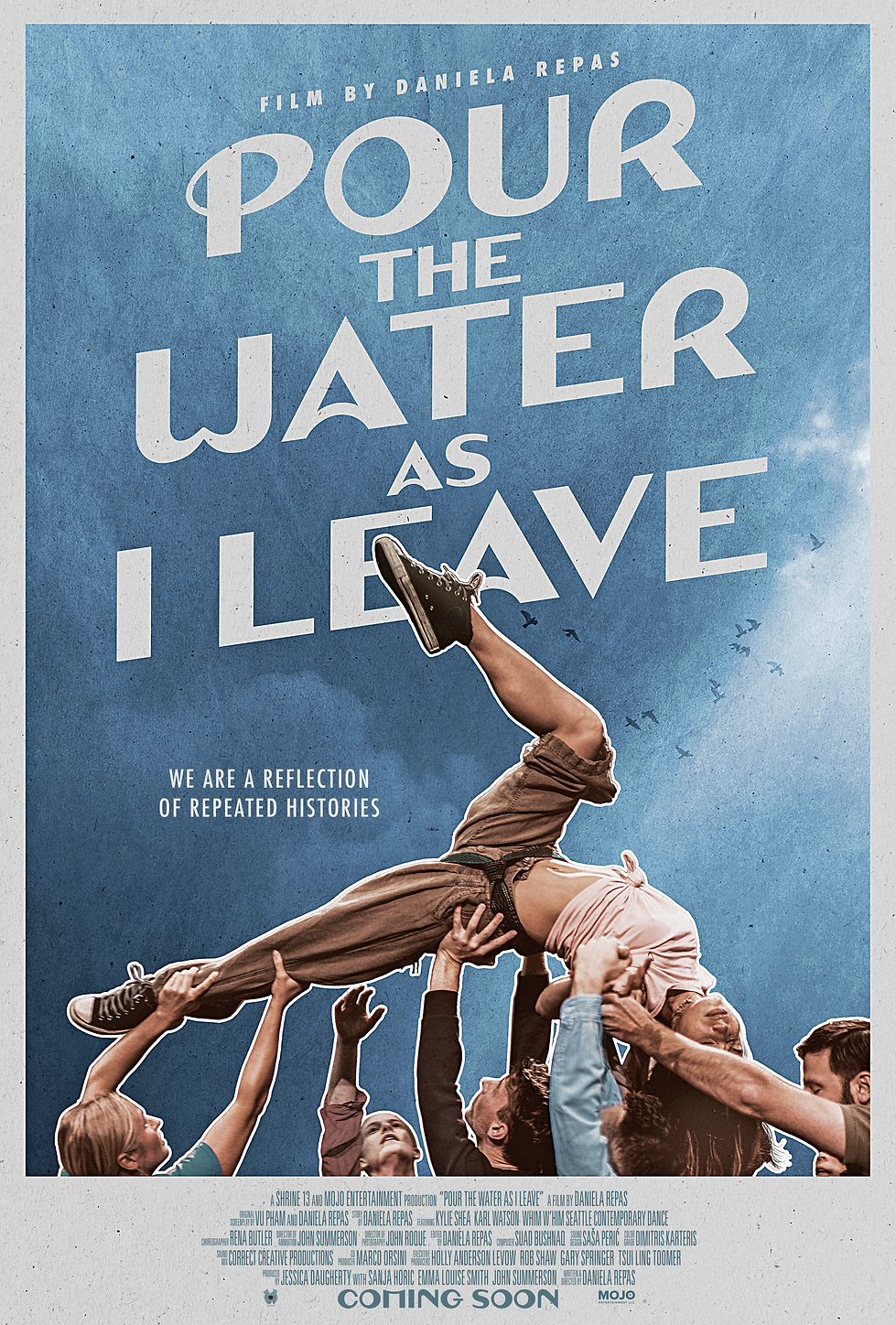


“A film about rebuilding, it will likely be heavy but invigorating viewing."
CARTOON BREW
COMING SOON

FILM SYNOPSIS
Once upon a time, in a land far away … A surreal exploration of the war in Bosnia told through the unbreakable spirit of seven of her people whose strength to leave was as powerful as the fight to stay. Blending live action with haunting collage animation and still images, the film follows two lovers whose connection forms as war descends upon their world. Guided by the presence of real-life survivors, their journey unfolds through a dreamlike haze of shifting realities, where memory and trauma intertwine - but so do resilience and hope. Choreographed dance and fragmented imagery propel the lovers—and the audience—through the civilian experience of war. Through the lens of diaspora, the film captures not just the weight of displacement, but the defiant act of survival and the unwavering pursuit of home, no matter where the journey leads.
